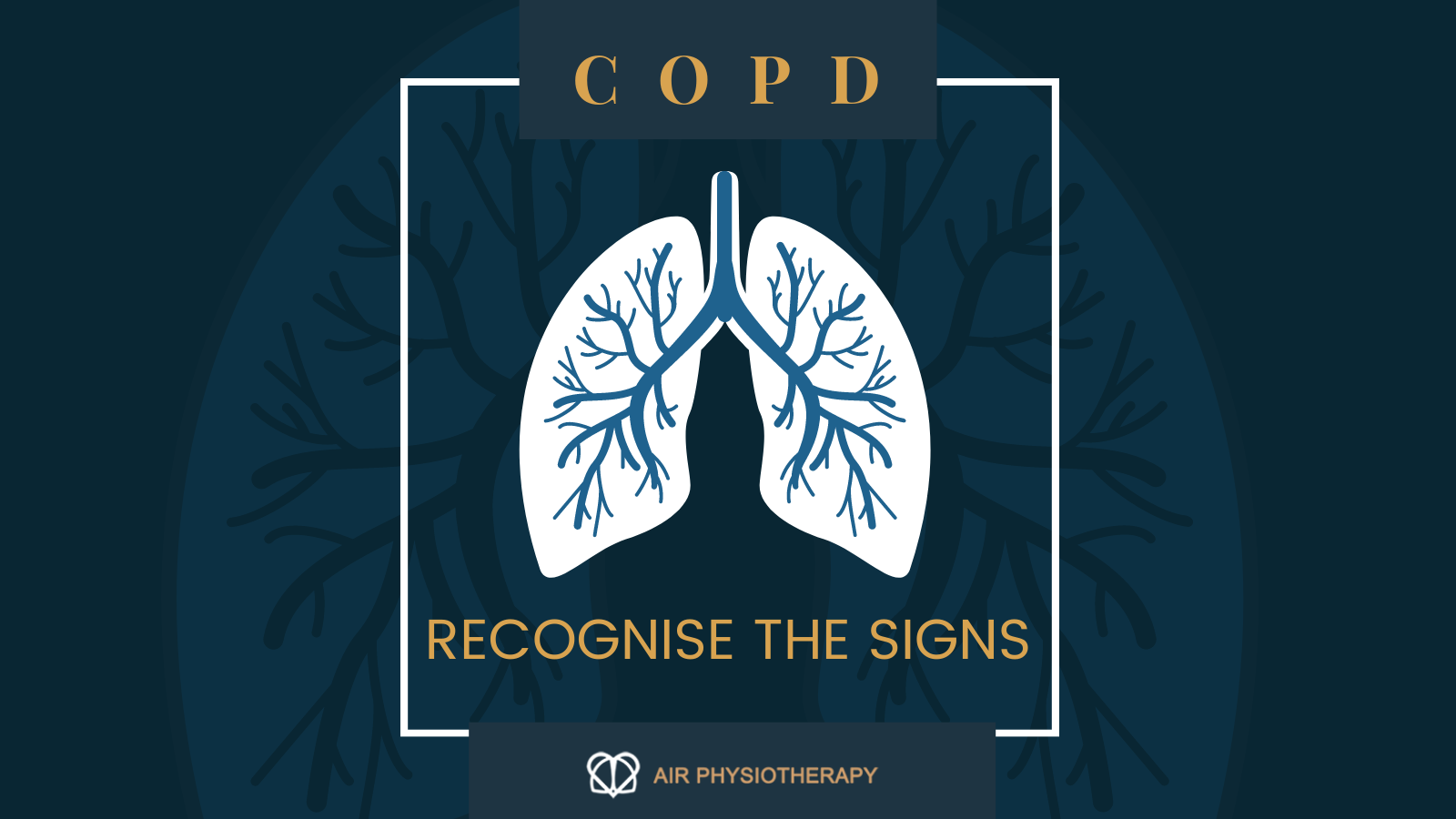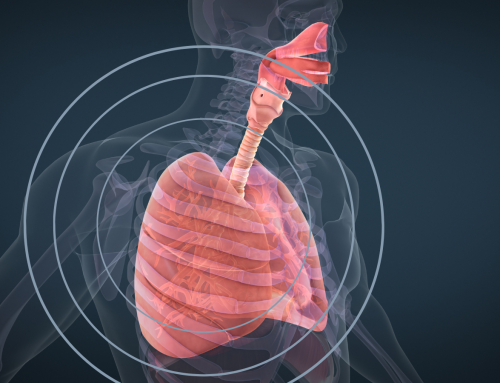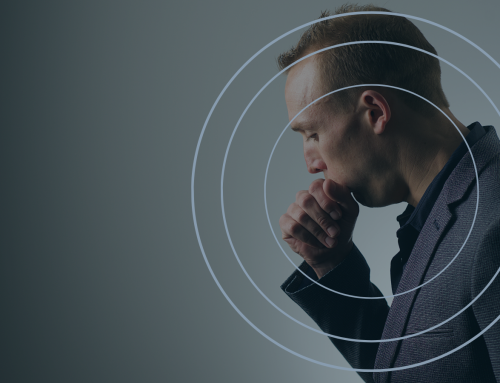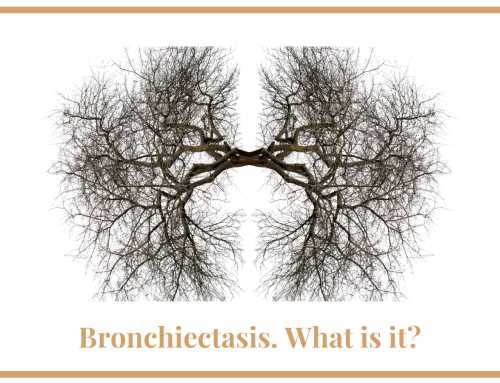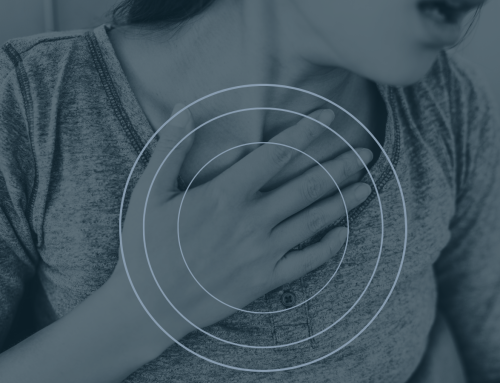COPD.
It’s one of the respiratory conditions we treat here at Air Physiotherapy. But what exactly is it?! And would you be able to recognise the signs?
What is COPD?
It stands for Chronic Obstructive Pulmonary Disease, and is an umbrella term for a group of lung conditions that cause breathing difficulties.
Why is it important to identify if I have COPD?
According to a recent study by the British Lung Foundation 46,000 people in England have had symptoms of COPD in the last year, but may not have been diagnosed, with diagnoses for COPD in 2020 estimated to have been 51% lower than 2019 levels.
There are a number of reasons for this. When the pandemic began, essential diagnostic breathing tests called spirometry tests were suspended because of the risks of Covid. This, coupled with long waits to see specialists and a lack of awareness around the disease and who it affects has exacerbated the problem. But with almost 40% of calls received by the British Lung Foundation being related to COPD, it’s
If you have COPD it’s important to get a diagnosis. Without it, you may find your health begins to deteriorate and you experience an increased number of “flare-ups,” where breathing becomes more and more difficult. You may then find you need to be admitted to hospital more regularly and the impact on your health is more severe.
What should I look out for?
The most common symptoms of COPD are listed on the NHS website as:
- increasing breathlessness – this may only happen when exercising at first, and you may sometimes wake up at night feeling breathless
- a persistent chesty cough with phlegm that does not go away
- frequent chest infections
- persistent wheezing
What should I do if I have any of the symptoms?
It may not be COPD – but if your symptoms are persistent, you’re over 35 and smoke or used to smoke, then the recommendation is to see your GP.
Getting a diagnosis is key because the sooner you start treatment, the less chance there is of severe lung damage – which is important as there is no cure.
Steps you can take to manage your symptoms
There are a number of things you can do to help yourself if you’ve been diagnosed with COPD:
- stop smoking
- follow a balanced diet and try to maintain a healthy weight
- be prepared in cold temperatures as the cold can trigger flare ups
- if your GP prescribed medications (such as an inhaler) make sure you use them as they will help keep your airways open and reduce swelling
- try to keep active as this will help your breathing
- your mental health may be affected and you may experience feelings of anxiety and depression – be aware of this and get some support if you feel you need it
- create a plan to help manage your symptoms and better control your breathing – this is where we can help!
Our specialists at Air Physiotherapy are trained in identifying and prescribing the most appropriate treatment programme for you if you’re experiencing breathing issues and need help with breathing techniques, as well as helping you lead a healthy and active lifestyle.
To get started with any breathing-related issue, book an appointment with us today.

